The education of life perfects the thinking mind, but depraves the frivolous
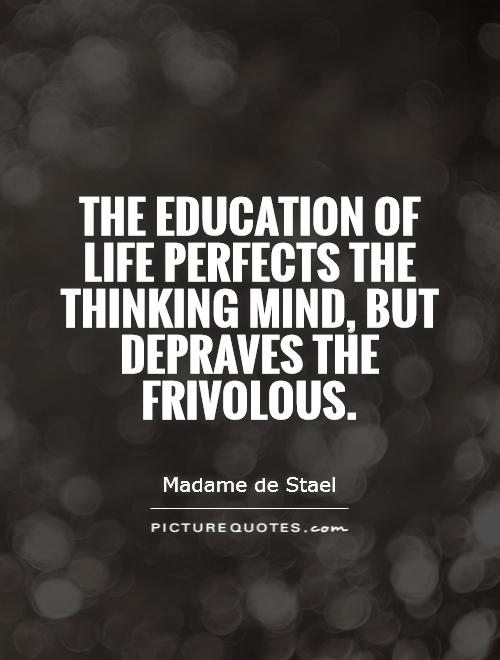
The education of life perfects the thinking mind, but depraves the frivolous
Madame de Stael, a prominent figure in French literature and politics during the 18th and 19th centuries, was a firm believer in the power of education to shape the thinking mind. She understood that education was not just about acquiring knowledge, but also about developing critical thinking skills and a deep understanding of the world around us. In her writings, she often emphasized the importance of intellectual growth and the pursuit of knowledge as essential components of a fulfilling life.Madame de Stael believed that education was the key to unlocking the potential of the human mind. She argued that through education, individuals could cultivate their intellect, expand their horizons, and develop a deeper understanding of themselves and the world. She believed that a well-educated mind was capable of critical thinking, rationality, and creativity, which were essential qualities for navigating the complexities of life.
On the other hand, Madame de Stael also recognized the dangers of a frivolous and uneducated mind. She believed that individuals who lacked a solid education were more susceptible to superficiality, ignorance, and irrationality. A frivolous mind, she argued, was easily swayed by emotions, prejudices, and false beliefs, leading to poor decision-making and a shallow understanding of the world.
Madame de Stael's views on education were deeply influenced by her own experiences and upbringing. As the daughter of a prominent Swiss banker and a well-educated mother, she was exposed to a rich intellectual environment from a young age. She received a thorough education in literature, philosophy, and politics, which shaped her views on the importance of education in shaping the thinking mind.






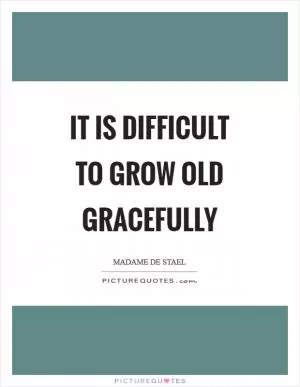
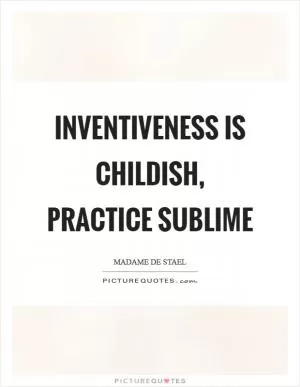
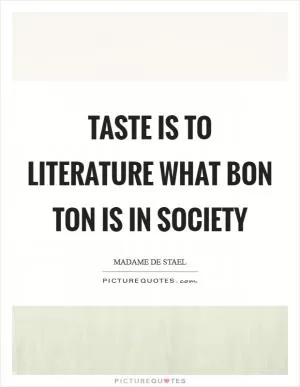
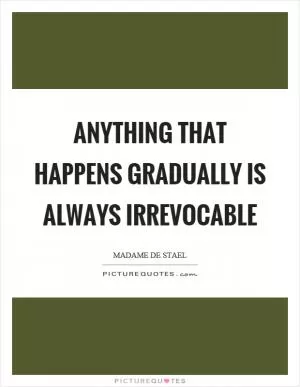


 Friendship Quotes
Friendship Quotes Love Quotes
Love Quotes Life Quotes
Life Quotes Funny Quotes
Funny Quotes Motivational Quotes
Motivational Quotes Inspirational Quotes
Inspirational Quotes